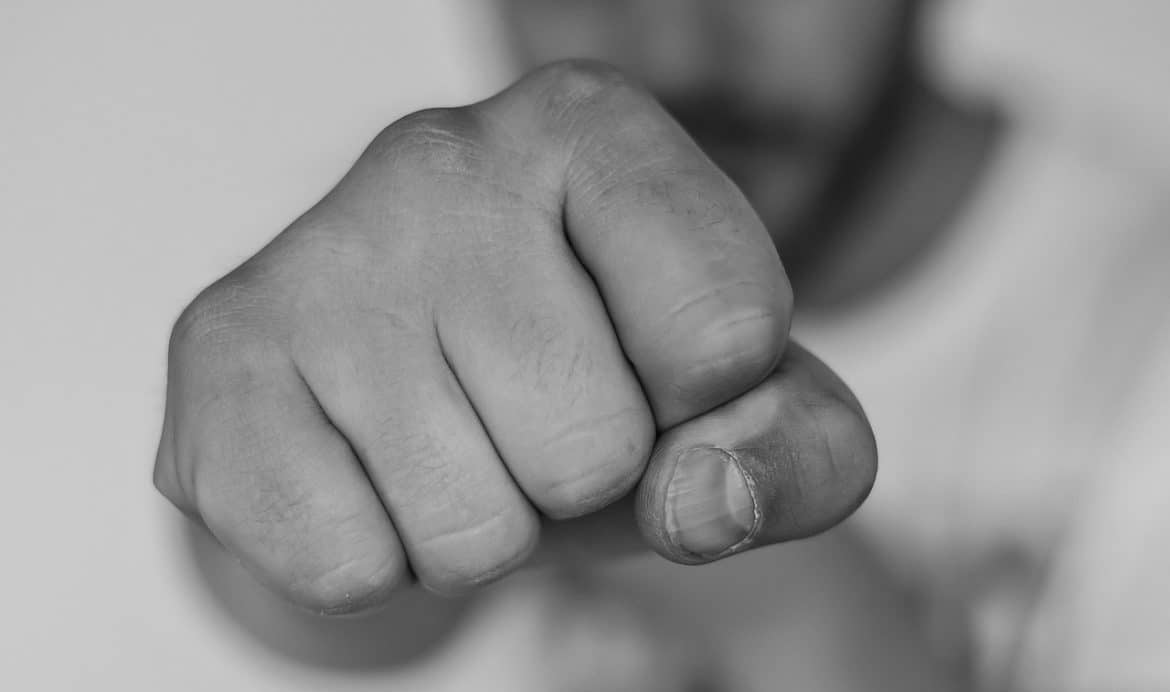Personal preparedness means different things depending on who you are and what your situation is. To an inhabitant of the Florida Keys, preparedness means having items to outlast a hurricane. To a city dweller, preparedness might be having a can of mace in her purse. To a survivalist, preparedness might mean having a semi trailer […]
Tag: United States
Meditations on Violence
Experienced martial artist and veteran correction officer Sgt. Rory Miller distills what he has learned from jailhouse brawls, tactical operations and ambushes to explore the differences between martial arts and the subject martial arts were designed to deal with: Violence. In Meditations on Violence Sgt. Miller introduces the myths, metaphors and expectations that most martial […]
Dragon Days
DoD’s focus has now shifted from Europe to Asia and SW Pacific. The book Dragon Days describes the extent of Islamist and Communist expansion there and how to reverse it. As both takeover tries involve drugs and are otherwise similar, only one solution is needed. Instead of occupying nations or training armies, the Pentagon must […]
The Last Lecture
A lot of professors give talks titled “The Last Lecture.” Professors are asked to consider their demise and to ruminate on what matters most to them. And while they speak, audiences can’t help but mull the same question: What wisdom would we impart to the world if we knew it was our last chance? If […]
Introduction to Emergency Kits (like BOBs, INCH, GHB, IFAK, EDC, and GOOD bags)
From my experience working in disaster response, I know the work and thought that goes into running a shelter during a disaster. Emergency management workers try very hard to make shelters safe and comfortable. However, the lack of privacy, resources, and independence makes me pretty hesitant to choose to go to a shelter as long […]





